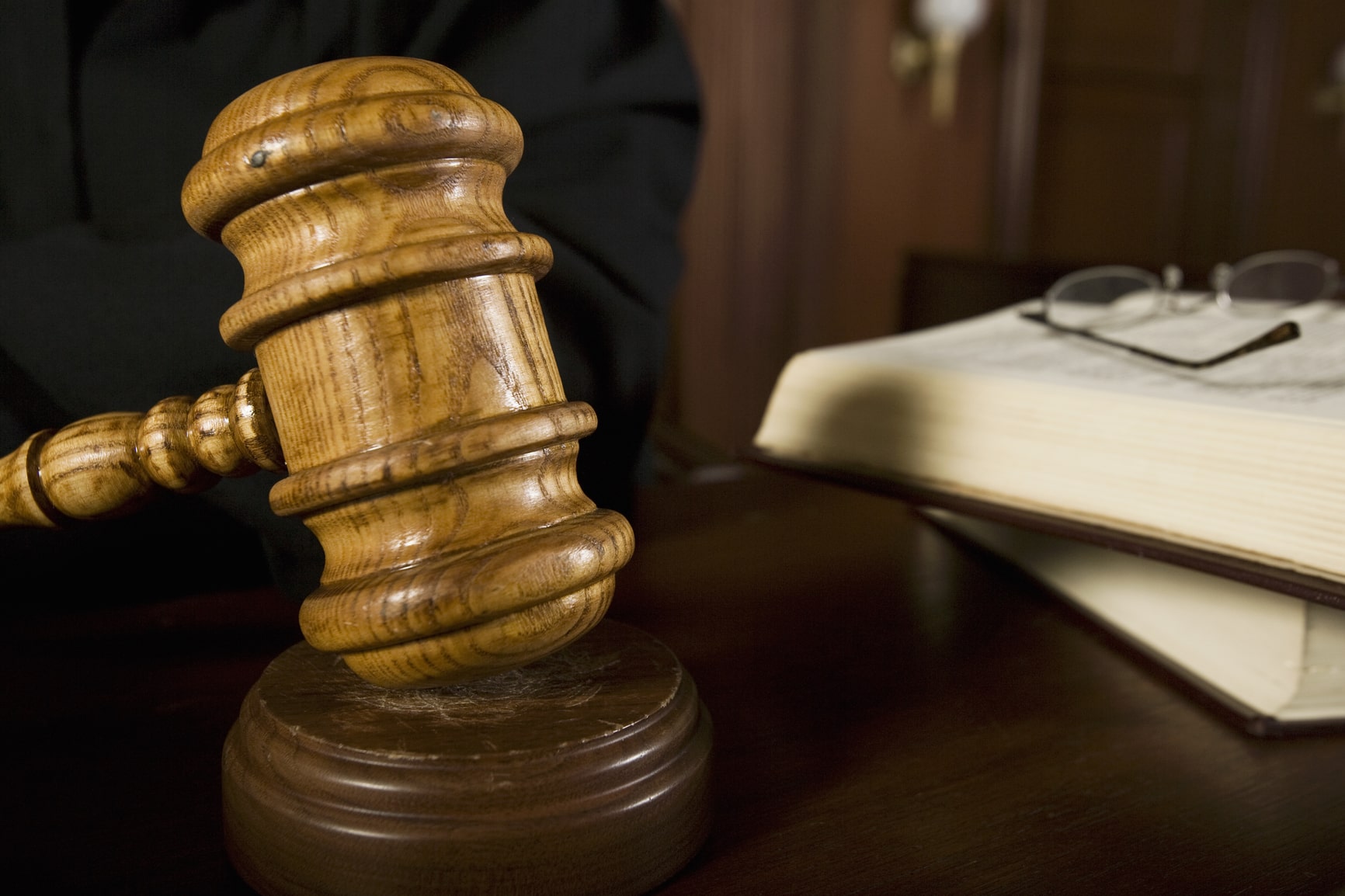
The 14th amendment to the U.S. Constitution includes the Equal Protection Clause, which has been established to ensure that all individuals are equally represented in court and receive equal rights. However, it is not always the case that both parties are fairly represented in trial, which can lead to a gross corruption of justice as an Arlington, TX personal injury lawyer who has been rated by Super Lawyers can attest. One of the most clear examples of poor representation leading to a severe injustice was in the wrongful conviction of Anthony Ray Hinton for capital murder charges that he was not responsible for.
In 1986, a man named Anthony Ray Hinton was convicted for the murders of two restaurant owners and sentenced to the death penalty by the state of Alabama. Hinton had several pieces of evidence working in his favor. He had an alibi that he was at work at the time of the crime, his vehicle did not match the description of the perpetrator’s vehicle, and although the prosecution’s greatest evidence against him was a gun found in his house, ballistics experts proved that the bullets did not match the gun in Hinton’s house. How then, with an overwhelming amount of evidence in his favor, did Hinton end up spending 30 years on death row for a crime he did not commit?
The reason for this tragedy of injustice is that Hinton was not fairly represented in his original trial. As a young, low-income black man in small-town Alabama, Hinton was only able to afford a public defender. The defender he was provided was unwilling to dedicate significant time and energy to the case due to how little he was being compensated for his work, so the only evidence presented in Hinton’s favor during trial were insufficient rebuttals to the state’s claims, a poorly trained ballistics expert, and Hinton’s own personal testimony. Meanwhile, the prosecution had gathered an impressive portfolio of fabricated evidence, such as a false witness testimony, false victim identification from a photo lineup, and the presentation of the “murder weapon,” which was Hinton’s mother’s gun that hadn’t been fired in over 40 years. Nonetheless, the jury was persuaded and the judge proceeded to sentence him to the death penalty.
Wrongful convictions are known to be some of the most significant miscarriages of justice in the U.S. legal system, so how do we continue allowing them to happen? Largely, it is due to unequal representation of defendants. Public defense attorneys are paid on a case-by-case basis, so they are often overwhelmed with too many cases to put sufficient effort into them all, which leads to poorly put together cases and hasty plea deals. Each individual seeking representation becomes a case file, a trial date, and a checkmark on a to-do list rather than a person in need. Solid legal representation requires empathy above all else. Defense attorneys can develop tunnel vision, a psychological phenomena describing how defense attorneys go into a trial with the mindset that the case is “unwinnable,” affecting the effort they put into it. This attorney attitude combined with a lack of evidence leads to significantly unequal representation, and we have seen repeatedly in wrongful conviction cases how catastrophic that can be.
Equal representation is not only a necessity in criminal cases, but all cases where individuals are in vulnerable positions and seeking legal assistance. At Brandy Austin Law Firm, we firmly believe in the importance of equal representation and do everything in our power to provide the legal support our clients need which is why we have received a 10.0 rating from Avvo. A court is where justice should be found, not corrupted, and the first step to securing justice is ensuring equal representation with respect to the statute of limitations. Contact us today for help.
